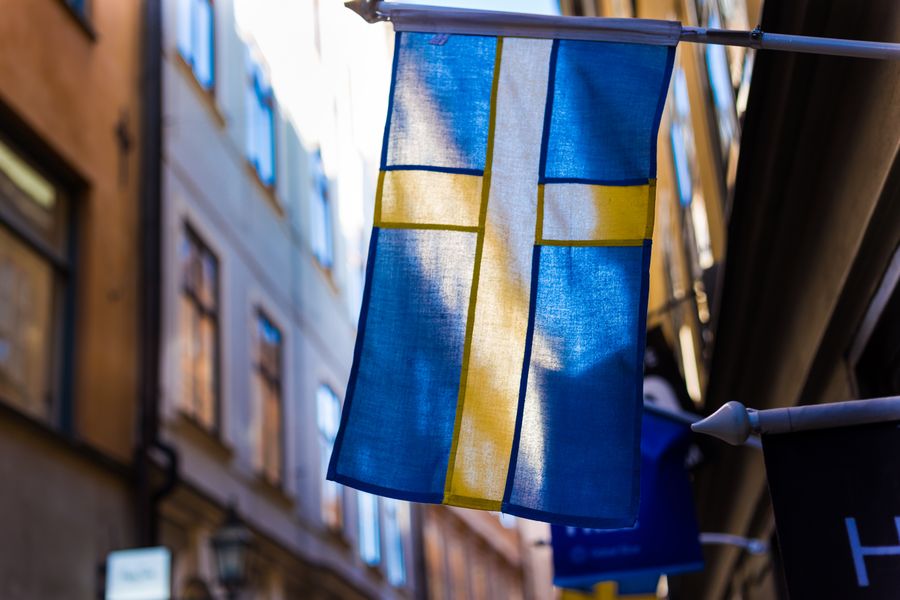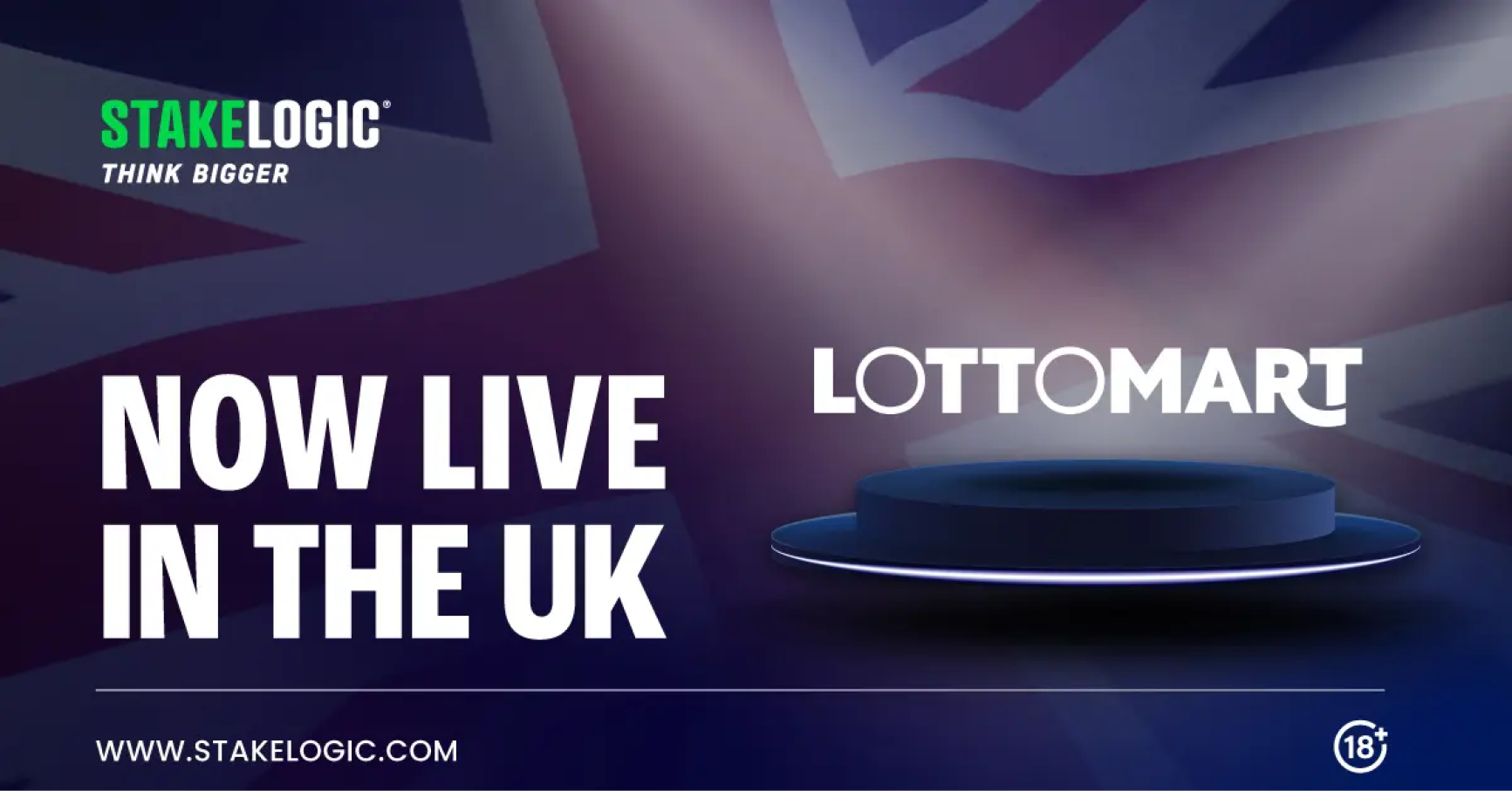Gambling
The Imminent Collapse of Licensed Gambling in Sweden

A licensed online casino jurisdiction can only flourish by ensuring players are protected from harm and have enough freedom and variety to maintain high channelisation rates. This means licensing enough offshore operators to create a good selection of brands, but not so many that they cannot be managed and directed efficiently.
While this juggling act is ongoing, there is the inevitable lure of gambling sites that are not licensed to operate in the jurisdiction in question. These sites can offer local players bonuses, games, and other perks unavailable at licensed casinos.
The Road to Regulation
For many years, Sweden resisted licensing international offshore operators that would provide games of chance, betting, poker, and other forms of gambling to residents.
As a progressive country which allowed its people the right to self-determination, the Swedish gambling community could play at online casinos without any fear of legal action from the government.
Sweden began to reconsider its position due to the large amount of money leaving the country via deposits made at international online gambling sites. Regulated markets like the United Kingdom also proved that protecting players and generating massive returns for the treasury was possible.
Resounding Early Success
The Swedish Gambling Act was written into force in January 2019, and Sweden soon became recognised worldwide as one of its leading licensed gambling jurisdictions.
The technical aspects of the Gambling Act received praise from local and international industry experts for the balanced manner in which it:
1. Onboarded new casino and betting operators
2. Facilitated controlled market growth
3. Expertly monetised the sector through licenses and taxes
4. Fostered responsible gambling and promoted player safety
A significant contributor to Sweden’s early success as a regulated gambling jurisdiction was its focus on player-related goals and outcomes. Rather than having revenue goals front and centre of its strategy, it focused on market channelisation, the percentage of players gambling at licensed versus unlicensed casinos, with the government calling anything less than 90% a failure.
Spelinspektionen, the Swedish Gambling Authority, also launched Spelpaus.se, a national gambling registry devoted to helping players deal with potential compulsive gambling behaviours by allowing them to self-exclude from receiving casino bonuses, newsletters, and other marketing materials.
The Chaos of the Lockdowns
All was well with Sweden’s online gambling industry until the world spun out of control as the pandemic hit and global lockdowns were put in place to prevent the spread of the COVID-19 virus.
Contrary to its standard practice of treating its citizens as the educated, free-thinking individuals that they are, the government and local politicians looking to get free airtime began voicing their concerns about impending out-of-control gambling.
Fearmongers began predicting unprecedented levels of “panic gambling”, fears over bored individuals getting into credit card debt and losing their homes, and a range of other hyperbolic, unsubstantiated drivel aimed at achieving one goal – state-mandated control over the gambling behaviours of the people.
Licensed Gambling Face an Uphill Battle
The Swedish Gaming Authority has fallen from grace recently, with internal impact studies and public opinion not in its favour.
Here are some of the challenges legal gambling has faced:
Unfathomably Low Deposit Limits:
In July 2020, the gambling authority imposed a completely arbitrary weekly deposit limit of €490 (5000 kronor) on Swedish players. The limit was imposed regardless of the individual’s net wealth or financial standing. It made it impossible to legally make another deposit at any licensed casino until the end of the week.
Gustaf Hoffstedt, Secretary General of the Online Gaming Industry Association (BOS), said:
“When gambling becomes as fragmented as it becomes with deposit limits, no individual gaming company can capture risky gaming behaviour, and thus a cornerstone of Swedish consumer protection in the gaming law is lost. We call on the government to rethink and safeguard consumer protection in the Swedish gaming market.”
This limitation was implemented despite research showing that only 19% of Swedes gambled more online during the lockdowns than before. The report notes that this increase is primarily due to land-based gamblers playing online, which does not cause a net increase in their overall gambling spend.
Hoffstedt also quotes a study by Mark Griffiths of Nottingham Trent University and Michael Auer of Neccton, in which they prove that the average wager decreased during the pandemic.
Decimated Casino and Betting Advertising:
To limit access to gambling offers and sites, the government began imposing limits on the frequency, content, and time of day that casino and betting advertisements could be aired.
Once again, Hoffstedt was quick to call out the weakness in the decision:
“This is another proposal from the government that plays straight into the hands of unlicensed gaming companies in Sweden. The trump card of licensed gaming companies has been the opportunity to market themselves and thus channel gaming consumers into the safe Swedish licensed system.”
The amendments to the advertising of games of chance and betting were not merely in name alone; rather, they shifted the industry into the special moderation category reserved for potentially harmful products like alcohol.
Unnecessary Ban on Credit Cards:
The most recent nanny state decision by the Swedish government was to ban the use of credit cards for online gambling.
The ban resulted from memorandum Fi2024/00442, which focused on the over-indebtedness of Swedish people and their inability to recover from the impact of the pandemic without government intervention.
However, BOS has challenged the veracity of these claims, pointing out that the studies commissioned to support the ban all showed that it was unnecessary.
With Sweden’s per capita gross national product (GNP) showing remarkable recovery, currently placing it amongst the best-performing nations in the world, the economy is expected to be fully recovered by the end of 2025.
Harmful New Gambling Tax:
Finally, Sweden’s licensed operators, amidst all this chaos and constriction of the market, will see the annual tax on gross gaming revenue (GGR) increase from 18% to 22%.
This increase is estimated to net the Swedish government a little over €47 million in additional revenue. At the same time, the market is expected to contract by up to 2.25% as casinos let their licenses lapse due to the increased cost.
Speaking on the knock-on effect of this decision on players, Hoffstedt said:
“At the price of a modest net addition to the treasury, the tax increase creates around one thousand new cases of people with gambling problems. Thus, gambling problems would never have occurred without the increase in the gambling tax.”
Based on historical data for Sweden and other European gambling markets, Brussels-based Copenhagen Economics predicts that up to 6,000 Swedes will abandon licensed gambling venues in favour of unlicensed sites, which could result in 591 to 1,247 new problem gambling cases being recorded.
Channelisation Reveals All
When we look at the early focus of the Swedish Gambling Act and its implementation, the accurate measure of success was the 90% market channelisation goal. At its peak, Sweden ranged between 85% and 88%, and the desire to achieve and maintain 90% was a positive encouragement driving market-friendly decision-making.
In expressing his ire over the mishandling of the Swedish market in recent years, Hoffstedt said:
“We have to call the regulation for what it actually is. A fiasco. What remains is a gambling market that offers perhaps the world’s strongest consumer protection, but which consumers have long since turned their backs on.”
The claim that the players are turning their backs on the regulated market is not hyperbole. After the fallout surrounding the limitations and restrictions enforced during and just after the lockdowns, market channelisation in Sweden dropped to 77%, with industry experts warning that not reasserting their original methodologies would see this number continue to fall.
In 2024, Trav och Galopp (ATG), a local gambling company, investigated the country’s channelisation rate and found in their report that it had slid to an alarming 57%. The report notes that the rate has shown a consistent downward trend over several months, which could dip below 50% by 2025.
To add to these woes, Svenska Spel CEO Erik Strand announced that the state-owned Casino Cosmopol could no longer run profitably. This could see even more gamblers shifting online at a time when the best game in town is not the one licensed in Sweden.
Not Having a Swedish License is Not a Bad Thing
The Swedish Gambling Authority and the government have failed to consider that just because an online casino is not licensed in Sweden does not mean it is unlicensed. Many of the best sites in the online gambling industry hold licenses from Malta, Curacao and other reputable jurisdictions.
The widespread adoption of licensing by operators has allowed Swedish players to easily migrate to safe and trusted gambling providers through comparison sites that list international casinos that accept Swedish players like Casinoburst.
These sites compare various international casinos that do not hold a Swedish license. Here, Swedes can enjoy online slots, live dealer games, and various games of chance from leading providers with complete peace of mind. However, if Sweden does not prioritize player choice and business growth soon, it risks becoming a cautionary tale rather than a market leader worth emulating.










